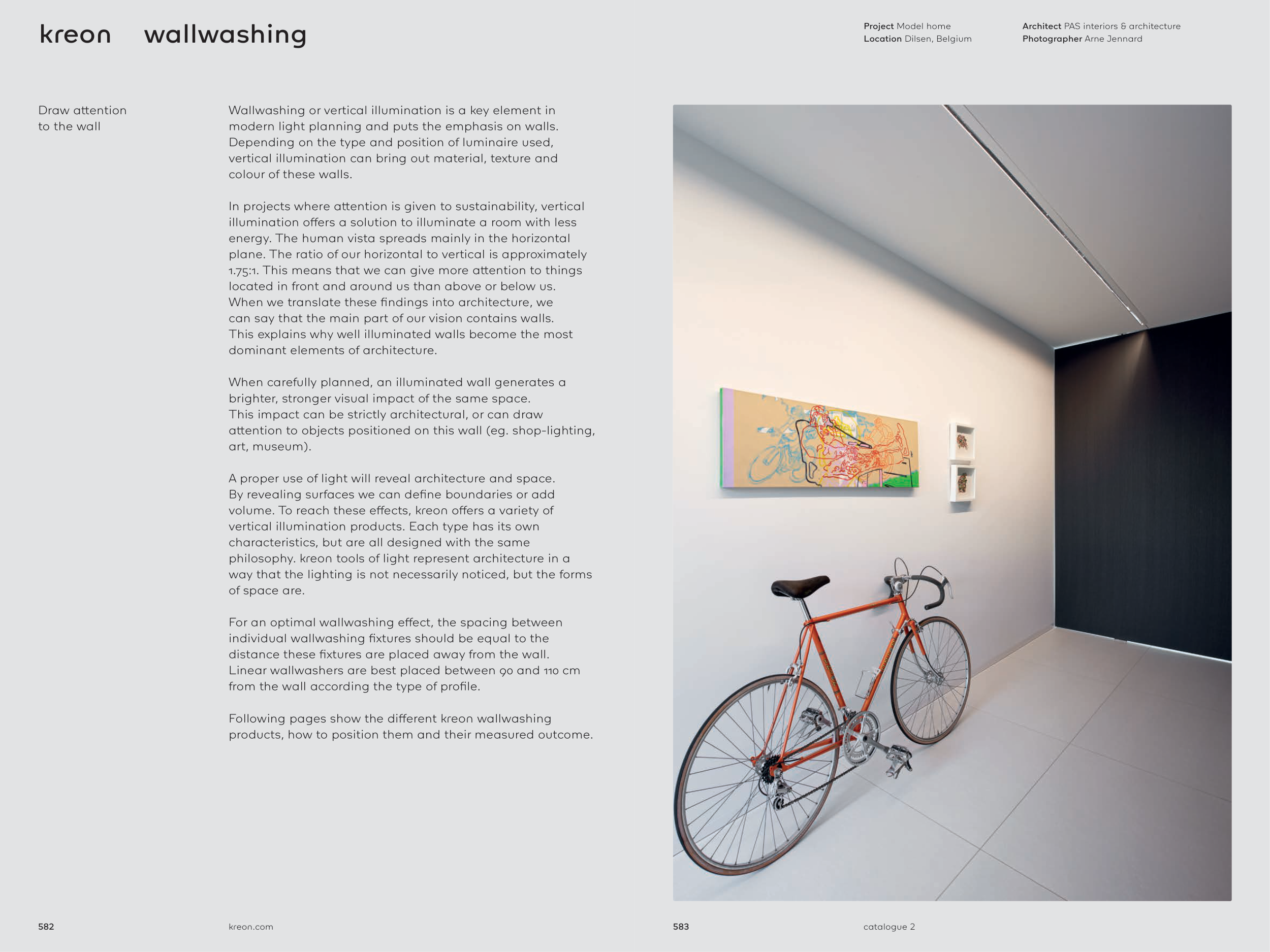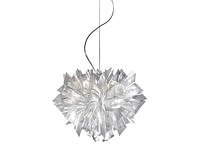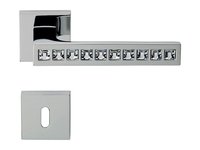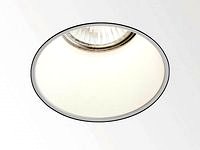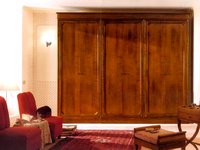583
582
kreon.com
582
kreon.com
583
catalogue 2
Wallwashing or vertical illumination is a key element in
modern light planning and puts the emphasis on walls.
Depending on the type and position of luminaire used,
vertical illumination can bring out material, texture and
colour of these walls.
In projects where at ention is given to sustainability, vertical
illumination of ers a solution to illuminate a room with less
energy. The human vista spreads mainly in the horizontal
plane. The ratio of our horizontal to vertical is approximately
1.75:1. This means that we can give more at ention to things
located in front and around us than above or below us.
When we translate these f ndings into architecture, we
can say that the main part of our vision contains walls.
This explains why well illuminated walls become the most
dominant elements of architecture.
When carefully planned, an illuminated wall generates a
brighter, stronger visual impact of the same space.
This impact can be strictly architectural, or can draw
at ention to objects positioned on this wall (eg. shop-lighting,
art, museum).
A proper use of light will reveal architecture and space.
By revealing surfaces we can def ne boundaries or add
volume. To reach these ef ects, k
of ers a variety of
vertical illumination products. Each type has its own
characteristics, but are all designed with the same
philosophy. k
tools of light represent architecture in a
way that the lighting is not necessarily noticed, but the forms
of space are.
For an optimal wallwashing ef ect, the spacing between
individual wallwashing f xtures should be equal to the
distance these f xtures are placed away from the wall.
Linear wallwashers are best placed between 90 and 110 cm
from the wall according the type of prof le.
Following pages show the dif erent k
wallwashing
products, how to position them and their measured outcome.
Draw at ention
to the wall
Project Model home
Location Dilsen, Belgium
Architect PAS interiors & architecture
Photographer Arne Jennard
k
wallwashing


